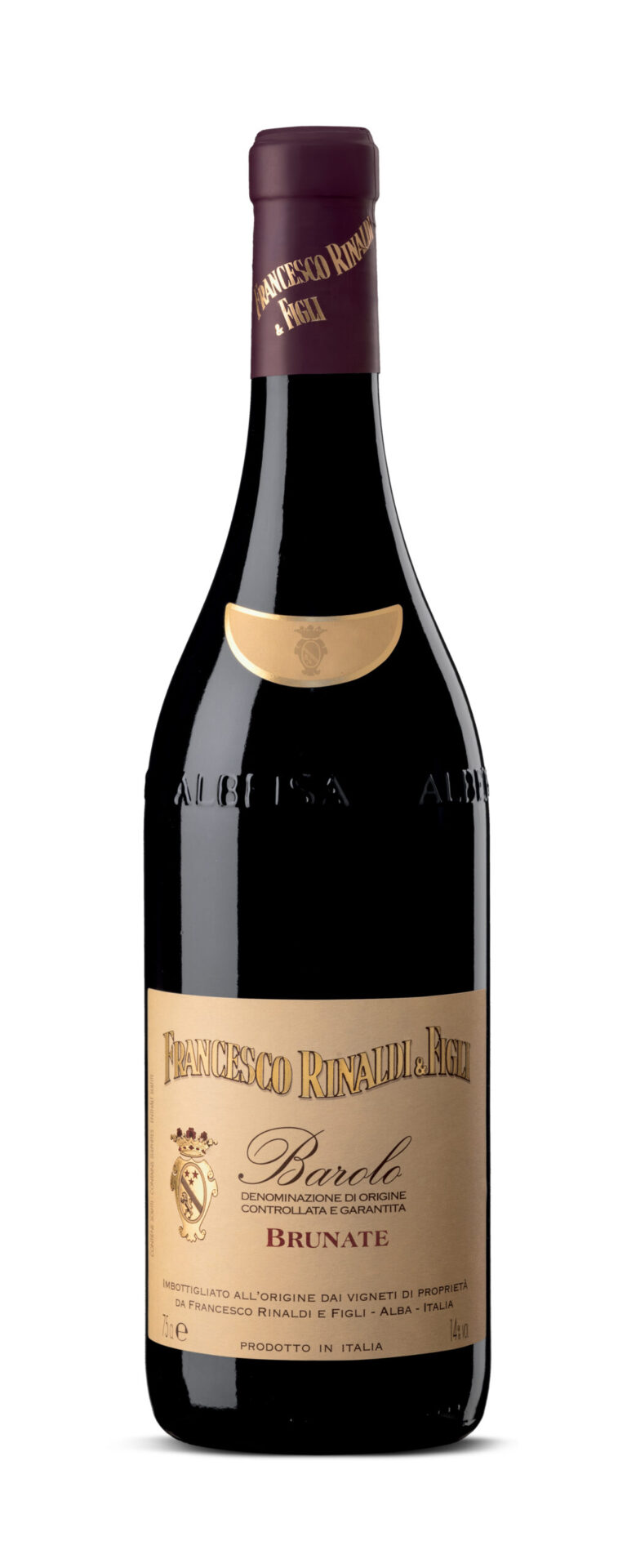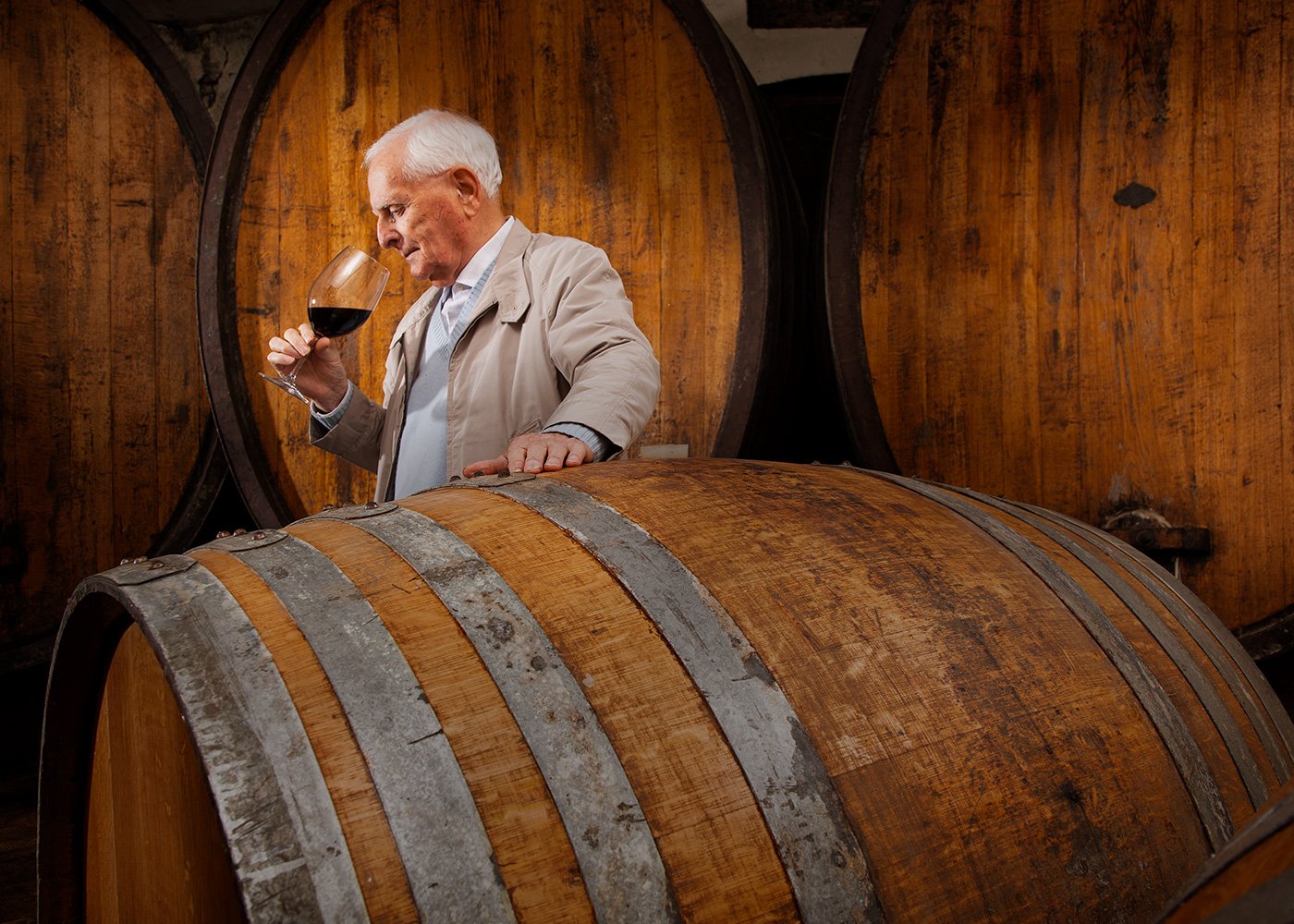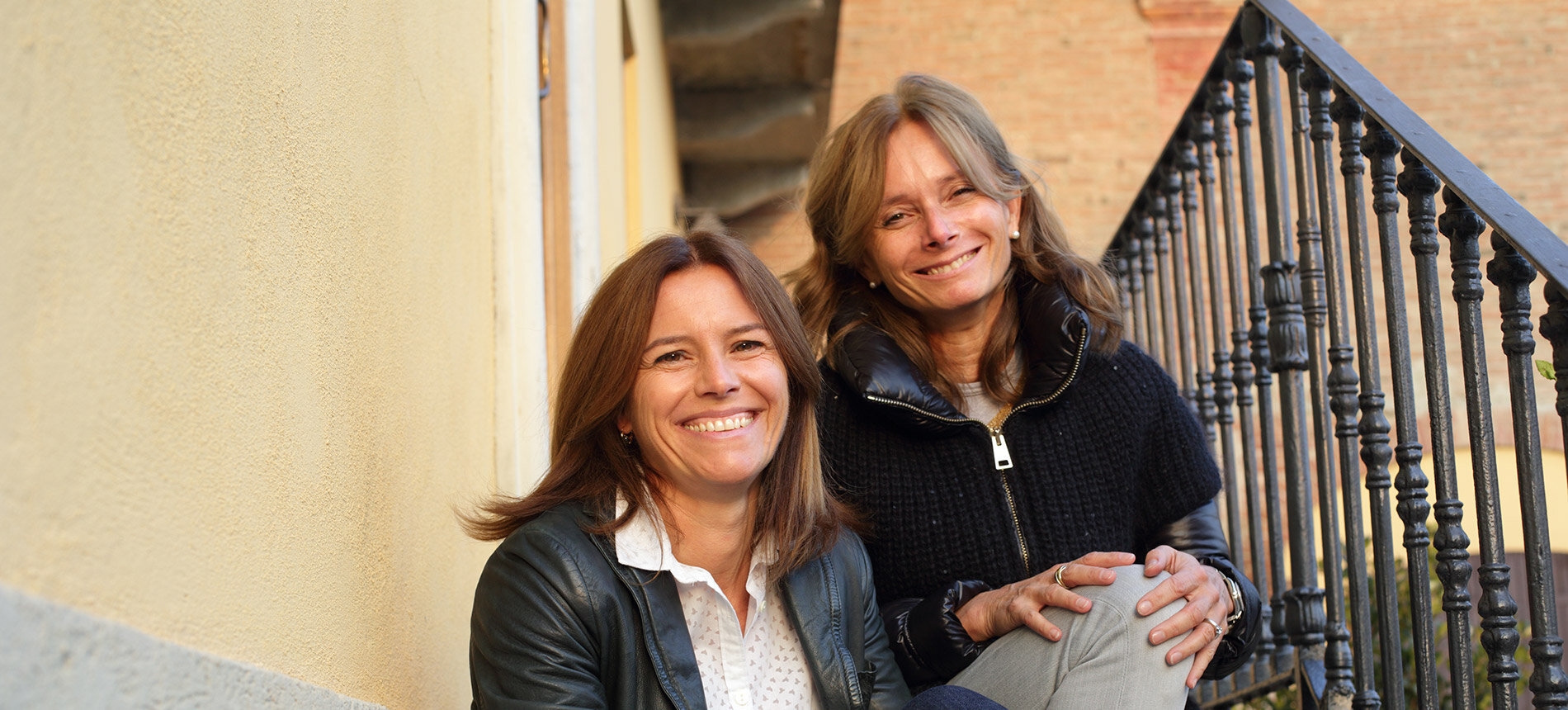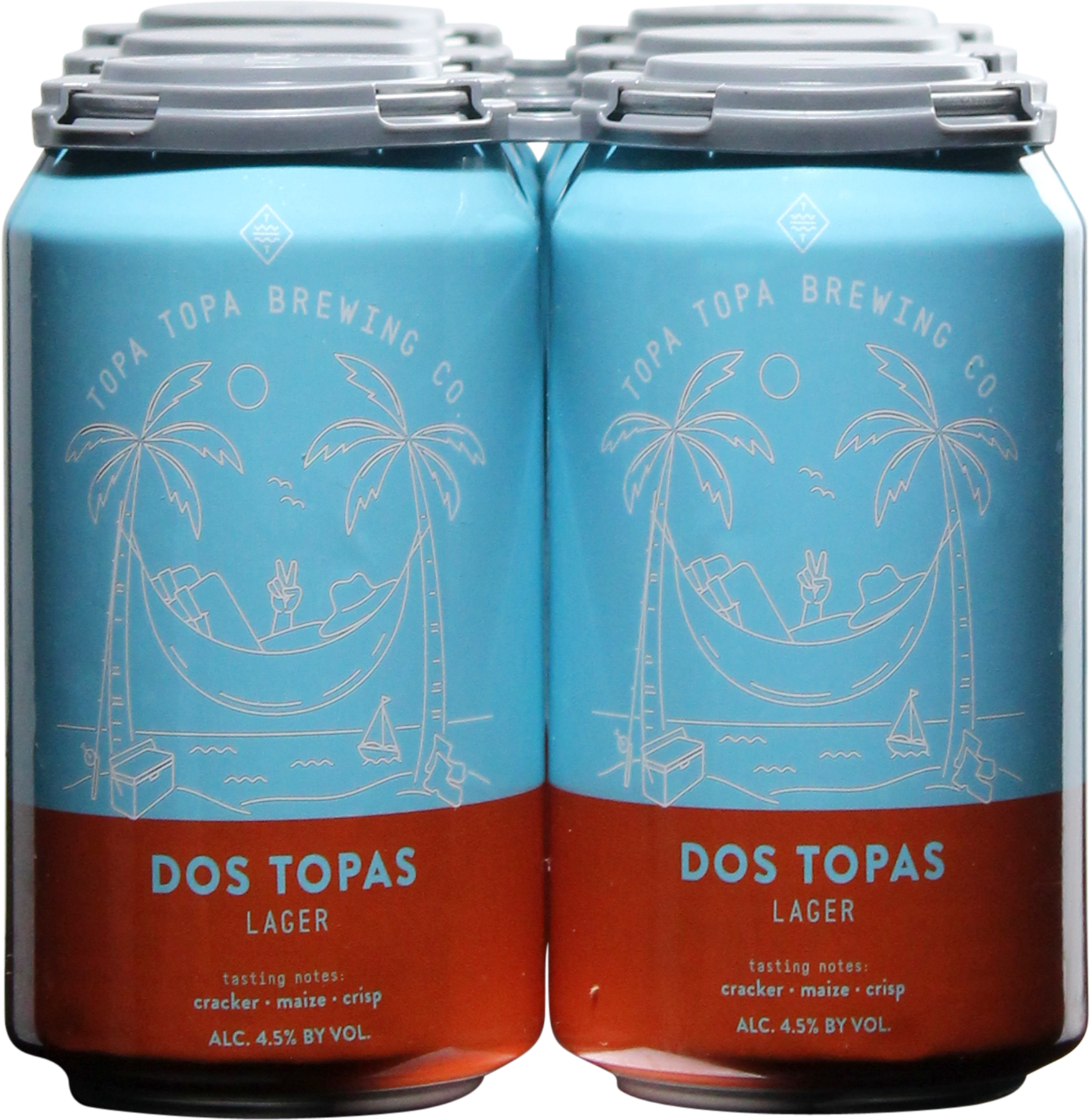The great traditionalist estate of Francesco Rinaldi e Figli is one of the greatest names in Piemonte. Located in the town of Barolo itself, the domaine of Francesco Rinaldi was founded in 1870, when Giovanni Battista Rinaldi, the father of Francesco Rinaldi, inherited a vineyard and house in Barolo, inducing him to leave behind his work with the very large Mirafiore estate and set out on his own. His family at that time also had ties to the then greatest estate in the Barolo region, Barale-Rinaldi. Francesco’s brother, Giuseppe Rinaldi, was the great grandfather of Carlotta and Marta Rinaldi (the sisters currently running the Giuseppe Rinaldi winery). The husband of Francesco’s sister Margherita had the last name Barale and it was they who had the famous Barale-Rinaldi estate (where the current Francesco Rinaldi winery is found). These two superb family wineries have marched down through time side by side, both upholding the unique, traditional style of Barolo that has been championed by other great names in Piemonte, such as Bartolo Mascarello and Bruno Giacosa. One hundred and thirty years later, much of the same techniques are still used in the Francesco Rinaldi cellars to produce some of Barolo’s greatest wines. The current head of the family estate is the spry, nearly 90+ year-old Luciano Rinaldi, who took over the reigns of the family winery all the way back in 1941. Today he is ably assisted by his nieces, Paola & Piera Rinaldi, as they continue to make beautiful wines within the great traditions of Barolo, with no new oak, long macerations and long aging in large Slavonian oak botti prior to bottling. In fact, about the only thing that has changed here is that Luciano no longer crushes the grapes by foot himself, as a new press is one of the only nods to modernity in these great old cellars.








